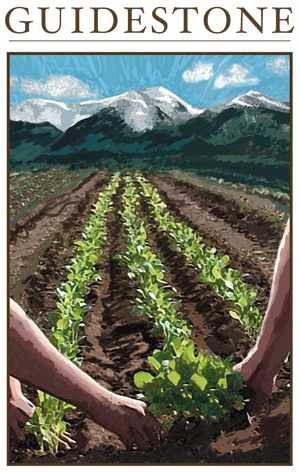 Bill McKibben’s new book “Eaarth” just came out in paperback. I read the hardcopy from the library and was so inspired that I bought two copies in paperback: one to lend and one to give away. It comes with this pronouncement on the front cover which made me pick it up.
Bill McKibben’s new book “Eaarth” just came out in paperback. I read the hardcopy from the library and was so inspired that I bought two copies in paperback: one to lend and one to give away. It comes with this pronouncement on the front cover which made me pick it up."READ IT, PLEASE. STRAIGHT THROUGH TO THE END. WHATEVER ELSE YOU WERE PLANNING TO DO NEXT, NOTHING COULD BE MORE IMPORTANT." —BARBARA KINGSOLVER
This book, after reviewing the FACTS of what has occurred on Earth in the environment over the last twenty or so years – not the projections of what COULD happen due to climate change but what HAS happened – truly shook me. I think of myself as being up on current events, but the details outlined were astounding.
The good news…and there is some, I want to share here. One very important step in the process of living on Eaarth, this new planet we inhabit since the old one doesn’t really exist anymore, is that LOCAL AGRICULTURE is a key in the days ahead, and for lots of reasons. Bill McKibben points out, “…local farmers’ markets are the fastest-growing part of the food economy, with sales up 10 to 15 percent a year, and the number of markets doubling and then doubling again in the last decade.” Here in the Upper Arkansas River Valley we can see the evidence of this trend through the efforts of the Foodshed Alliance and others. We have local farmers’ markets in Salida, Buena Vista, Canon City and Westcliffe, and local growers - a real accomplishment in the altitude range of 8,000 ft.
In the final section of the book, “Lightly, Carefully, Gracefully”, a smaller diversified agriculture is promoted as a solution for reducing carbon emissions into the atmosphere along with an “uptick of neighboring” among other things. I think we are right on track.
I encourage you to seek out Eaarth. It’s a great read and I have a copy to lend!
Guidestone is a non-profit organization dedicated to the integrity of the agricultural resources of the Upper Arkansas River region by fostering a local food economy, stewarding agricultural lands in production, educating for ecological literacy, and supporting sustainable development.
Book Report by Judie Anders, Guidestone
